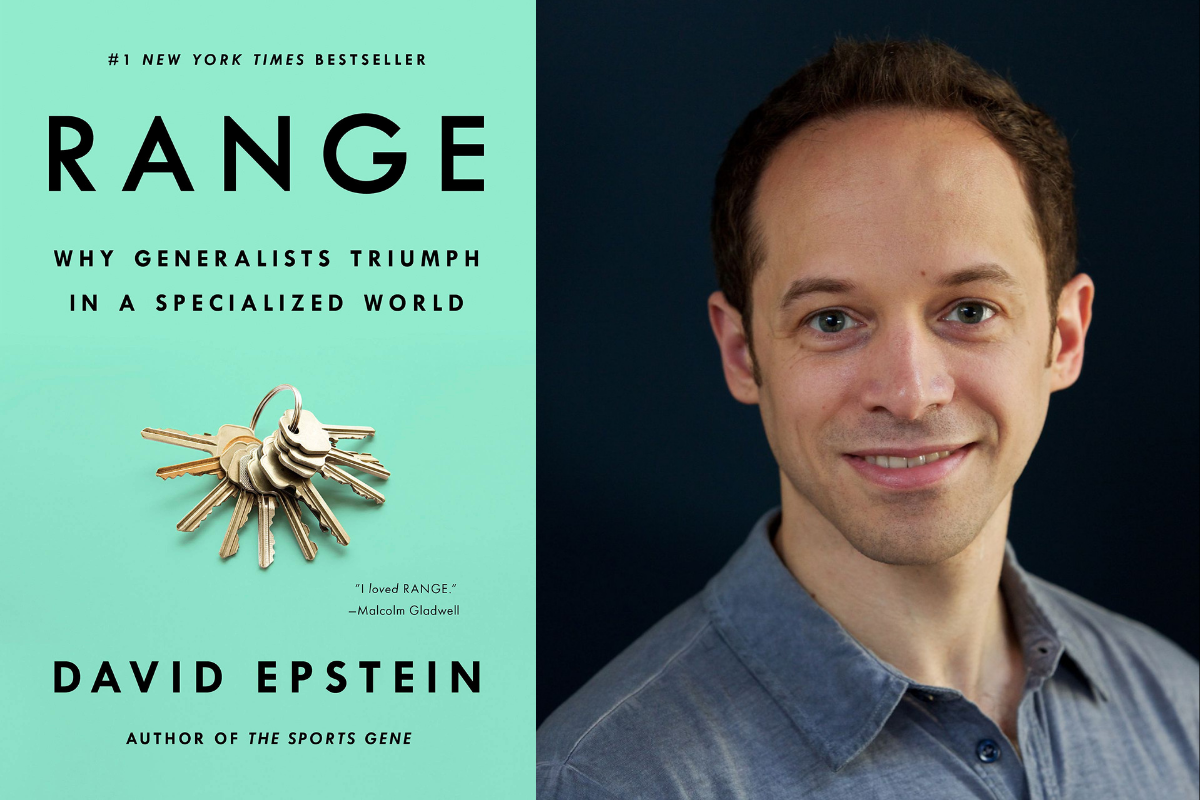
Ask someone what is the secret of success and the chances are that you will be told that one has to be extremely focused on one’s target, and that one should work very hard to be super good in one’s field of specialisation. In Outliers, bestselling author Malcom Gladwell even said that it takes about ten thousand hours for people to master a field, and that is what is needed for success. And it seems to make sense, doesn’t it? The best in their respective fields do put in long hours of hard work in their field of speciality. Specialisation rocks.
Or does it?
Well, David Epstein blows massive holes in that very traditional line of thought in Range: How Generalists Triumph in a Specialised World. Using extensive research as well as examples from different eras of human existence, Epstein shows that although specialisation might work for some, having knowledge scattered across different fields is definitely not the disadvantage folks make it out to be. One of his most telling examples is that of Nintendo, whose key designer Gunpei Yokei actually was a person who had diverse interests (piano, ballroom dancing, choir, skin diving, model trains, working on cars, the works) and a not a particularly great academic record. But Yokoi was able to make Nintendo a formidable brand because his diverse experience meant he was not restricted in his thinking – he simply made stuff that worked, without worrying about it being the latest or greatest.
Range is a brilliant collection of dozens of such instances of people who seemingly had “no focus” or were meandering between different interest and professions, and yet did used this very “lack of focus” to succeed. Steve Jobs at Apple of course is a prime example. There are others too. To his credit, Epstein does not diss hard work or say that a lot of practice is useless – he merely stresses that it is not the only way, that being a generalist (the term he uses) can work just as well and indeed, has its own advantages.
In fact, he begins Range with giving the examples of two very successful sports persons without initially revealing their names. One starts out by being groomed to be a sportsperson by his parents from a very early age. He practices assiduously and tirelessly at the sport his parents have chosen for him. The other tries his hands at different sports and then kind of blunders into the one that suits him best at a much later stage. Both succeed and achieve legendary status. And then Epstein drops the surprise – the focused player was Tiger Woods, the seemingly confused one was Roger Federer.
It is gems like these that make Range a compelling read for anyone who is interested in what it takes to succeed not just in business, but in life. Epstein covers a wide canvas of activities including the arts and sciences, and he does so in a manner that is seldom heavy – his language is simple enough and while he does not have the flow or drama of a Seth Godin (he can seem a little sluggish at times), the points he raises are so relevant and interesting that you will find yourself reading through even the odd slightly dull phase (there are not many!).
To call this a “management” or “self-improvement” book is not fair. Range is one of those rare books that make you look at things and people very differently. And its core message is simple – people are different and can have different ways of reaching the top.You can slog and work your way along a straight path to the top. Or you can zig and zag and try different things. And still get there.
One of those books everyone must read.
Range: How Generalists Triumph in a Specialised World by David Epstein is available on Amazon
